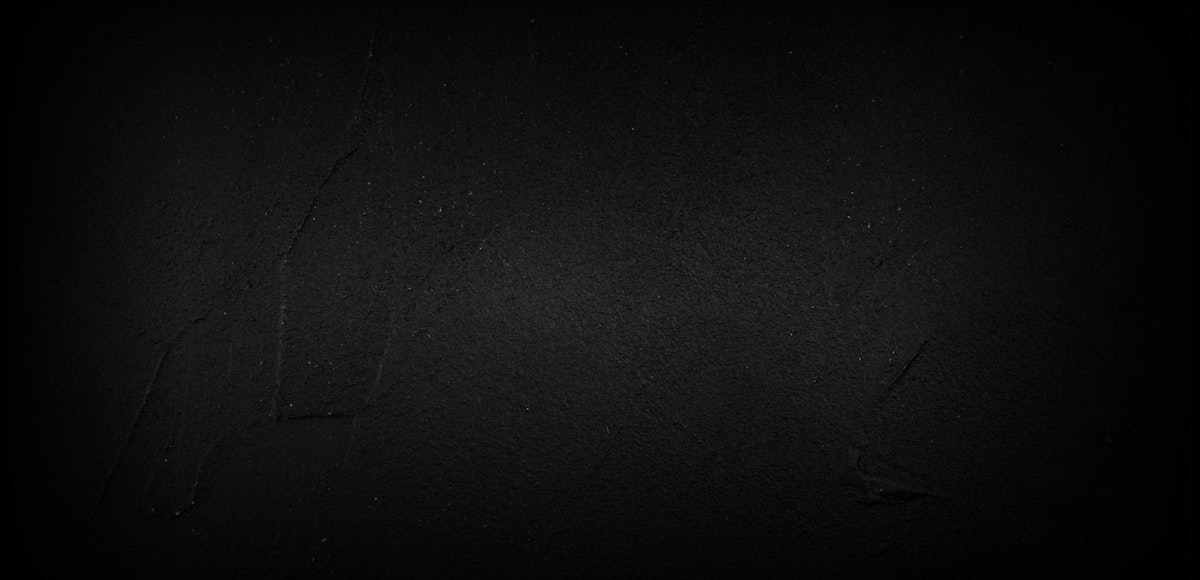The documentary play Wellbeing – Mental Noise is the culmination of a long process of research and creative work, and was initiated by Ministry of Education, Children and Youth to accompany a data update about youth’s situation in Luxembourg in 2021. We have met three people who were involved at different stages of the project, including one of the performers, rapper Thomas Faber, aka Maz.

The performer Thomas Faber
How did you become involved in this project? You’re not usually known for doing theatre.
I have to say I was surprised when the team thought of me for this! I’ve always been interested in acting, but with my music and everything, I wasn’t counting on giving it a try before later down the line. However, this play mixes a lot of different artistic disciplines, so it’s a good introduction to world of theatre for me – even though it’s still challenging. I asked a lot of questions about the project when I was contacted and was easily persuaded by the topic. Young peoples’ mental health is something that touches me deeply. I would have loved to take part in the preparatory workshops as a teenager. It would have been great if someone had asked me “Are you OK?” and then had actually listened to my answer. I think that’s something I missed at that age.
What did Nathalie, the director, expect of you?
I don’t think Nathalie had a list of expectations for me. It was more like “Show us what you’ve got, what you’re able of doing”. People know I can rap, write texts and give a performance. The question was what else would I be able to bring to the table, what more than music. I use a special rhythm when I speak, which comes from rap. There’s a certain musicality in everything I do and I brought it to the stage here too. I also think Nathalie was interested in my personality for this project. I tend to doubt myself, to overthink, to be tense and very zealous. I was able to put some of myself into the performance and keep some of my natural gestures, but I still have to work on my posture and my movements during the calm moments for example.
Did you participate in writing the lyrics or the music?
We all participated a bit in writing some of the drafts and I had the opportunity to do some rap and music. I worked a few days with Pyrit, who composed the music for the play, and that went really well. We really got each other on many levels, especially when it came to which direction we wanted to go. I tried to contribute with my influences and my own music. There’s a touch of Maz in there, but not too much.
It was a bit more difficult when it came to the lyrics. Normally my lyrics are very personal but here I had to lean on the anonymous notebooks the participants used during the preparatory workshops. I used the things I felt close to and that touched me, but it was a different way of writing. I was writing for myself but I was no longer Maz, I was another artist.
Does writing help your own wellbeing?
It’s a bit of a cliché, but yes: writing is a kind of therapy. It’s a place where I can let everything out, where I’m not afraid to say anything. It helps me a lot. I have a lot of self-doubt and I often feel frayed, but art, music, my lyrics and especially my friends are the guardians of my wellbeing. A few years ago I thought I was this super mature person who knew everything. Now I’ve realised that I’m not a whole person yet and I don’t think I will be for a while. But it’s an interesting path and I wouldn’t trade it for anything.
Finally, how would you describe the play?
I would say that it is a good representation of reality. There are very dark moments and moments with a lot of light. In any case, it is intense and beautiful.




